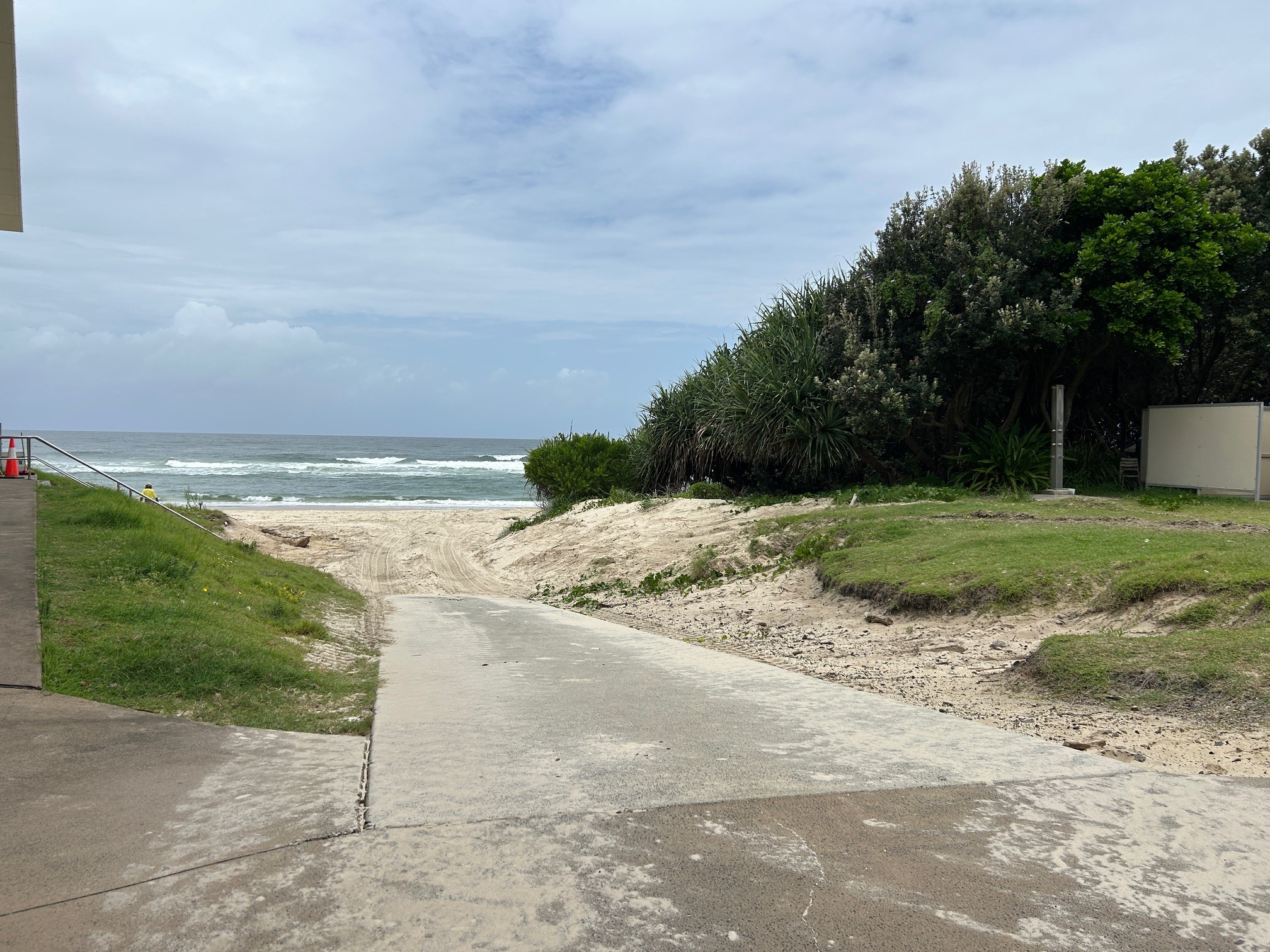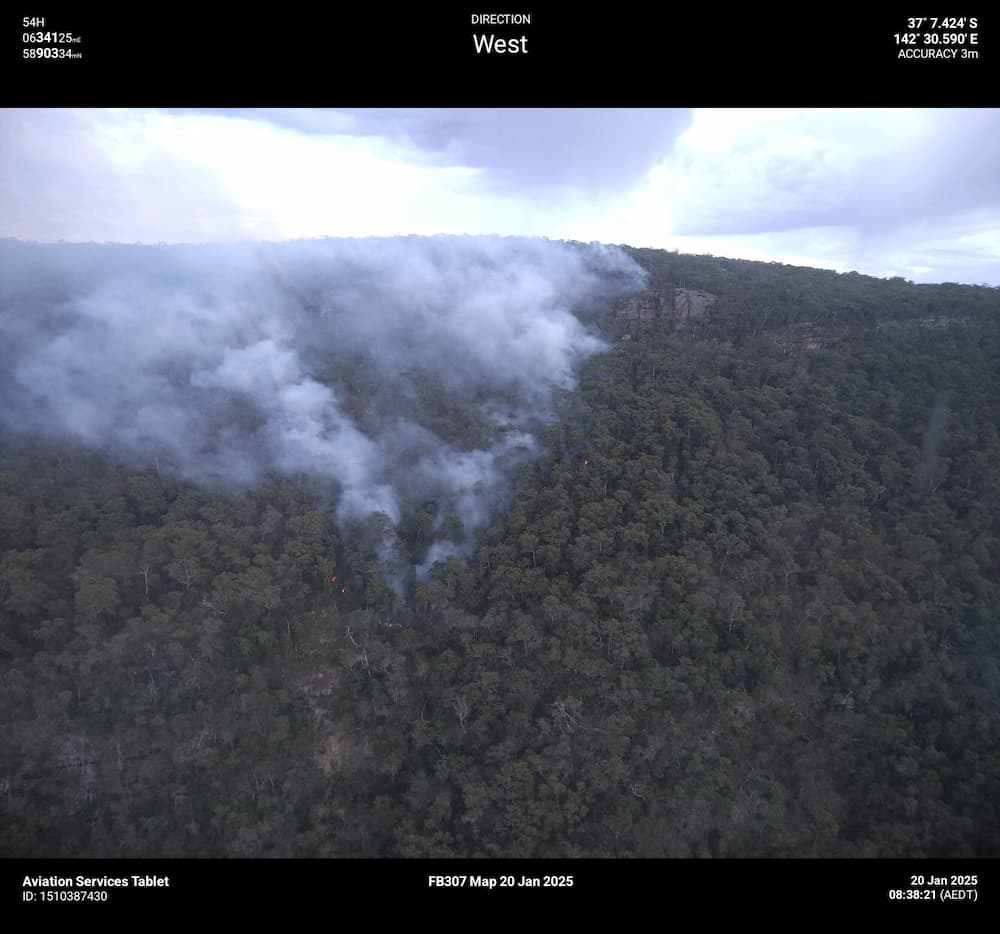An adequately resourced workforce is key to making a meaningful impact on reducing the rate of suicide in Australia the Australian Medical Association said today.
The , says the current workforce crisis is negatively impacting patient care and must be addressed.
AMA President Dr Danielle McMullen said general practitioners, psychiatrists, other medical specialists, mental health nurses, psychologists, paediatricians, school counsellors, social workers and other qualified mental health professionals are all key to providing effective support for patients with mental health conditions.
“But we are currently facing severe workforce shortages or inadequate staffing in our mental health system. In psychiatry alone we have just under 4,300 psychiatrists working in Australia, which is nowhere near enough,” Dr McMullen said.
“Psychiatrists are also unevenly distributed across the country, with close to 80 per cent of the workforce in Melbourne, Sydney and Brisbane.”
Dr McMullen said the federal government’s recent investment in additional post-graduate psychology places and funding to increase the availability of psychology internship places and supervisor training was welcome, but there is more to be done — particularly in relation to greater support for general practice and the need to tackle persistent workforce shortages in psychiatry.
“With the shortage of psychiatrists and psychologists, the burden on GPs in managing the caseload of patients has increased. We are urging the government to invest in the psychiatry workforce as well as measures to support well-designed, medically governed multi-disciplinary teams.
“For people living with more significant mental illnesses, a multi-disciplinary team is likely to result in effective suicide prevention and ongoing support. Investment is needed to develop capacity in mental health services in GP and private psychiatrist practices and this extends to embedding accredited mental health nurses and social workers.
“These ‘wrap-around’ services will deliver improved health outcomes, particularly in rural, regional and remote areas.”
The submission also calls for improved data collection to better inform suicide prevention policies, saying data collection continues to be piecemeal across the country, and for improved coordination across federal departments and between jurisdictions.
“There is some valuable data not currently being collected that could be collected through a voluntary register housed in the Australian Institute of Health and Welfare,” Dr McMullen said.







